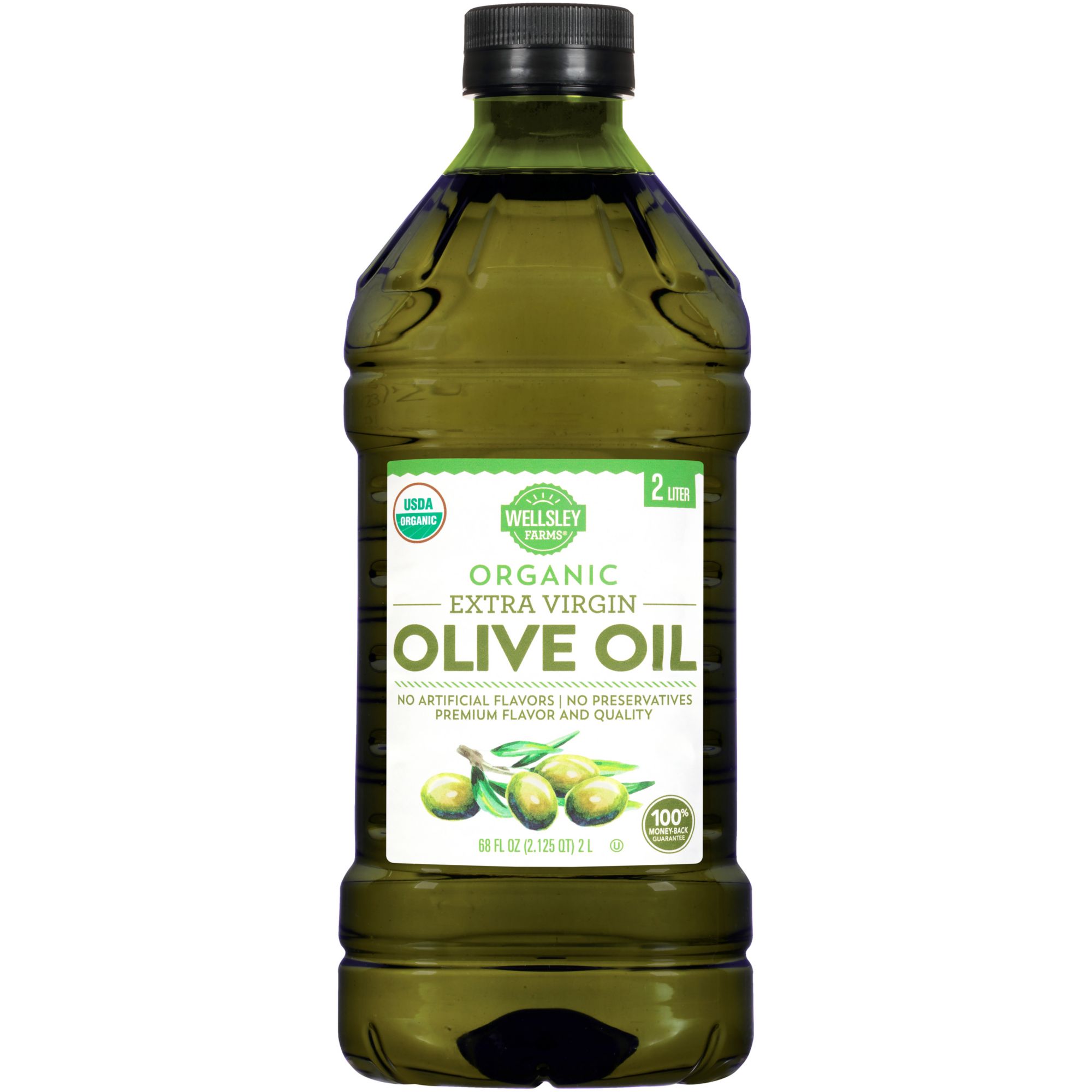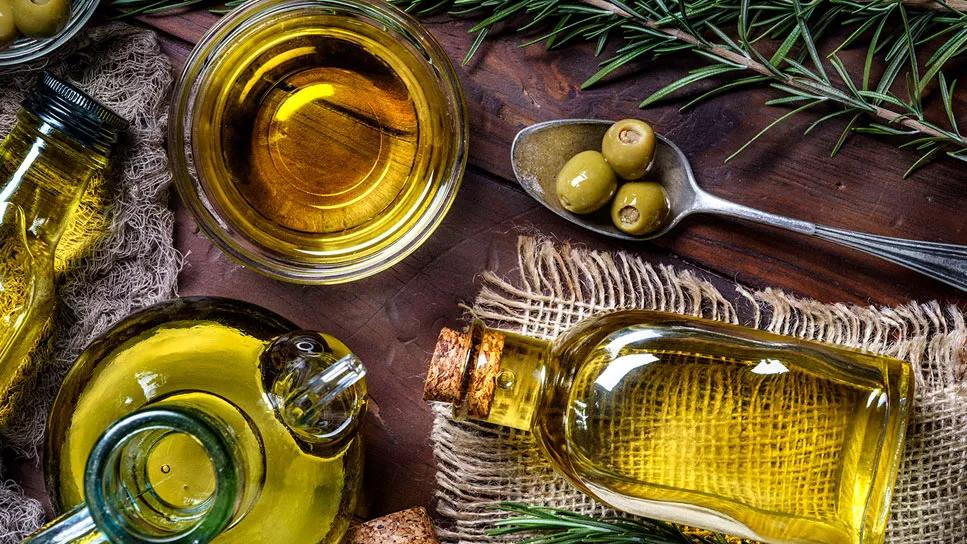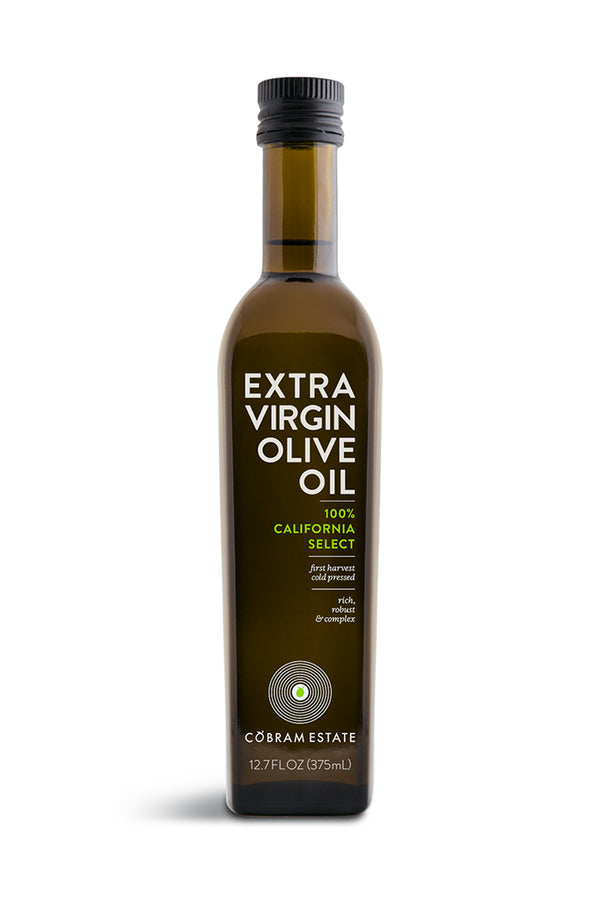Extra Virgin Olive Oil Benefits: A Delicious Way to Prevent Cognitive Decline
Extra Virgin Olive Oil Benefits: A Delicious Way to Prevent Cognitive Decline
Blog Article
Discovering the Different Types of Olive Oil and Their Usages, Consisting Of Extra Virgin Olive Oil
The expedition of olive oil incorporates a diverse variety of kinds, each offering cooking applications and unique tastes. Additional virgin olive oil, renowned for its remarkable quality and health advantages, serves as a staple in many cooking areas, yet it is only one facet of this diverse component.
What Is Olive Oil?
Stemmed from the fruit of the olive tree, olive oil is a staple in Mediterranean food and a key component in different cooking applications. This functional oil is created by pushing entire olives, leading to a fluid that varies in aroma, shade, and taste depending upon the sort of olives made use of, the area of cultivation, and the removal procedure. Olive oil is predominantly made up of monounsaturated fats, specifically oleic acid, which is known for its possible health advantages, including anti-inflammatory residential or commercial properties and cardiovascular support.
Along with its culinary uses, olive oil has a long history of application in standard medicine and skincare, owing to its rich antioxidant content (extra virgin olive oil benefits). The oil is often used in dressings, marinades, and for cooking approaches such as sautéing and roasting. Its distinctive taste profile can boost the preference of various recipes, making it a crucial component for both home cooks and specialist cooks
Moreover, olive oil is celebrated for its function in the Mediterranean diet regimen, which is associated with many wellness benefits. As awareness of these benefits expands, olive oil proceeds to get popularity worldwide as an essential component of a healthy and balanced way of living.
Kinds Of Olive Oil
Understanding the numerous sorts of olive oil is necessary for both health-conscious consumers and culinary fanatics. Olive oil is identified largely based upon its removal approach and quality, which significantly impacts its wellness, taste, and aroma advantages.

Light olive oil, despite its name, refers to a lighter flavor and not reduced calories. It is ideal for those looking for an extra refined taste in dressings and marinades. Additionally, there are flavorful olive oils infused with natural herbs, seasonings, or citrus, which can enhance recipes without the requirement for additional spices.
Each kind of olive oil serves particular cooking objectives, and recognizing these distinctions enables consumers to make informed choices that straighten with their food preparation styles and wellness goals.
Additional Virgin Olive Oil
Extra virgin olive oil (EVOO) is commonly considered the best quality olive oil readily available, popular for its rich taste and many health and wellness advantages. To be categorized as added virgin, the oil needs to be produced from fresh olives using mechanical procedures, without using solvents or extreme warm. This precise technique protects the oil's natural flavors, antioxidants, and healthy and balanced fats, resulting in an item with a low level of acidity level of much less than 0.8%.
EVOO is abundant in monounsaturated fats, particularly oleic acid, which is connected to lowered inflammation and improved heart health. It additionally has polyphenols, powerful antioxidants that may supply safety results against chronic conditions. The flavor profile of EVOO can vary substantially depending on the olive variety and area of manufacturing, varying from verdant and fruity to robust and peppery.

Culinary Use Olive Oil

In food preparation, olive oil can be utilized for sautéing, toasting, and cooking, providing a much healthier option to butter or other fats. Its high smoke point makes it suitable for numerous cooking methods, while its antioxidants contribute to a heart-healthy diet plan. Showering olive oil over ended up meals, such as pasta, fish, or barbequed veggies, anonymous can elevate tastes and include a touch of style.
Moreover, olive oil plays a considerable role in baking, where it can change conventional fats in dishes for bread and breads, imparting moisture and a refined preference. It additionally acts as a base for infused oils, permitting chefs to trying out tastes such as garlic, natural herbs, or chili, even more broadening its culinary capacity. In general, olive oil's convenience makes it indispensable in both home and professional kitchen areas.
Deciding On Top Quality Olive Oil
When picking top quality olive oil, it's vital to consider several essential factors that affect the item's taste, wellness, and scent advantages. Decide for extra virgin olive oil (EVOO), which is acquired from the first cool pressing of olives and consists of the highest degrees of anti-oxidants and valuable compounds. Try to find oils that are licensed by acknowledged organizations, as this typically guarantees adherence to rigorous quality criteria.
The product packaging likewise plays a substantial function in protecting the oil's stability. Select oils saved in dark glass bottles or tins to protect versus light degradation. Pay attention to the harvest day; fresher oils provide remarkable flavor and dietary value, so choose items that are within 18 months of their harvest.
Be mindful of the preference; a great top quality olive oil ought to have a balance of fruity, bitter, and peppery notes, suggesting its splendor and intricacy. By reviewing these variables, you can ensure you are picking the ideal olive oil for your culinary demands.
Conclusion
In recap, the expedition of different kinds of olive oil reveals unique characteristics and applications, with additional virgin olive reference oil standing for the pinnacle of high quality due to its low acidity and high antioxidant content. Understanding the various varieties of olive oil permits for informed selections in food preparation approaches, promoting much healthier techniques while enhancing the total gastronomic experience.
Obtained from the fruit of the olive tree, olive oil is a staple in Mediterranean food and a vital active ingredient in different cooking applications.The most typical types of olive oil consist of improved olive oil, pure olive oil, and light olive oil.Extra virgin olive oil (EVOO) is extensively concerned as the highest possible high quality olive oil offered, renowned for its abundant taste and many health advantages. Choose for additional virgin olive find out here now oil (EVOO), which is acquired from the first chilly pressing of olives and has the greatest degrees of antioxidants and useful substances.In recap, the exploration of different types of olive oil discloses distinctive attributes and applications, with additional virgin olive oil representing the pinnacle of quality due to its low level of acidity and high antioxidant content.
Report this page